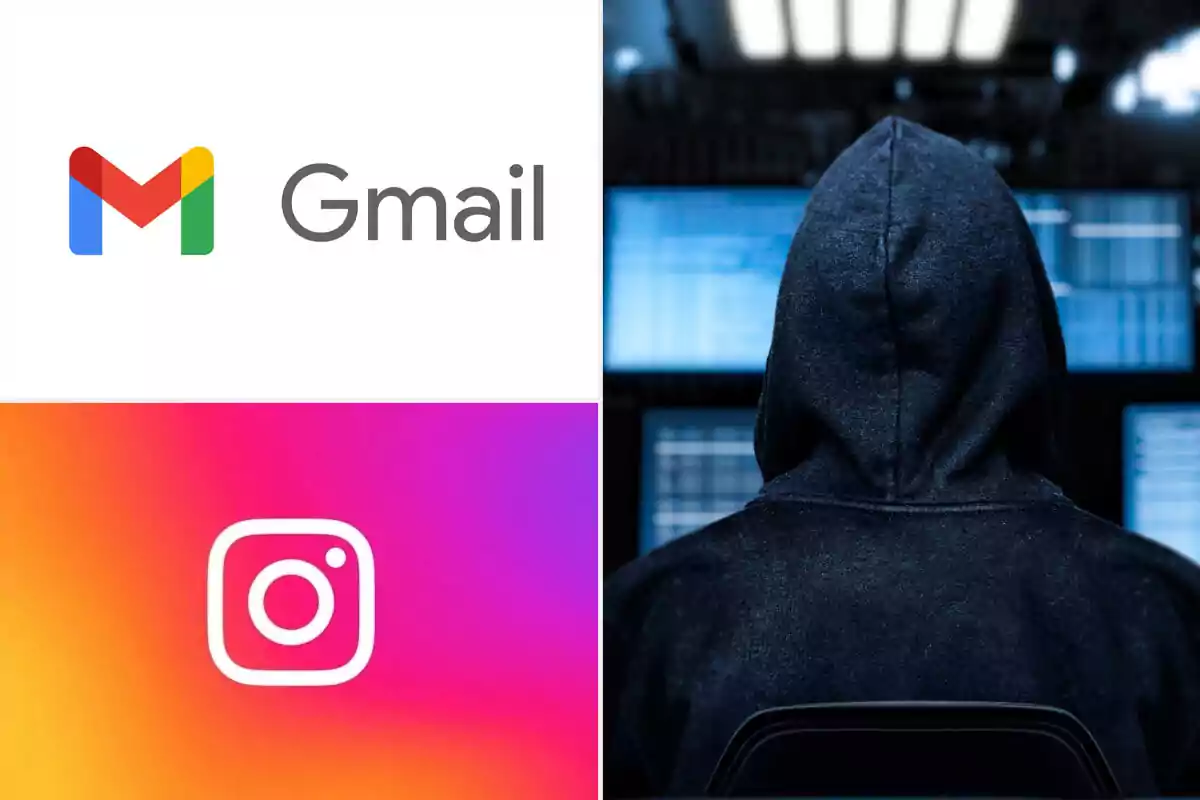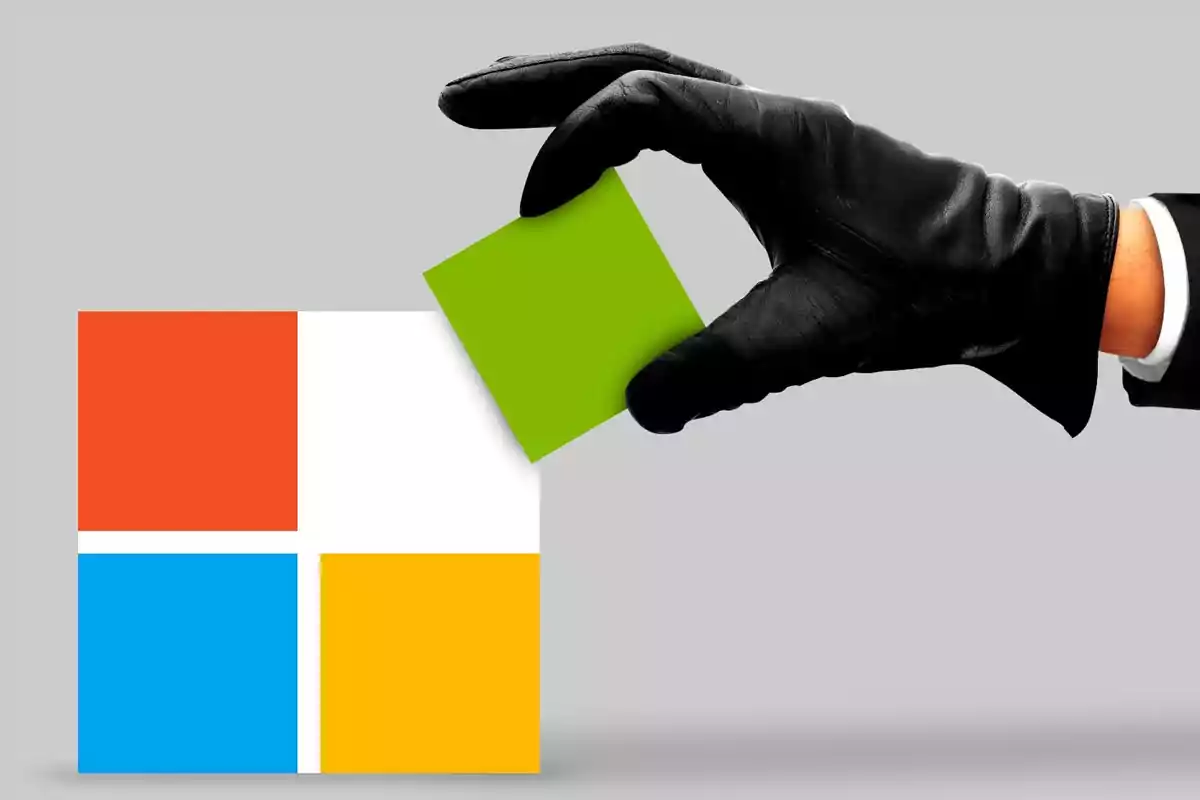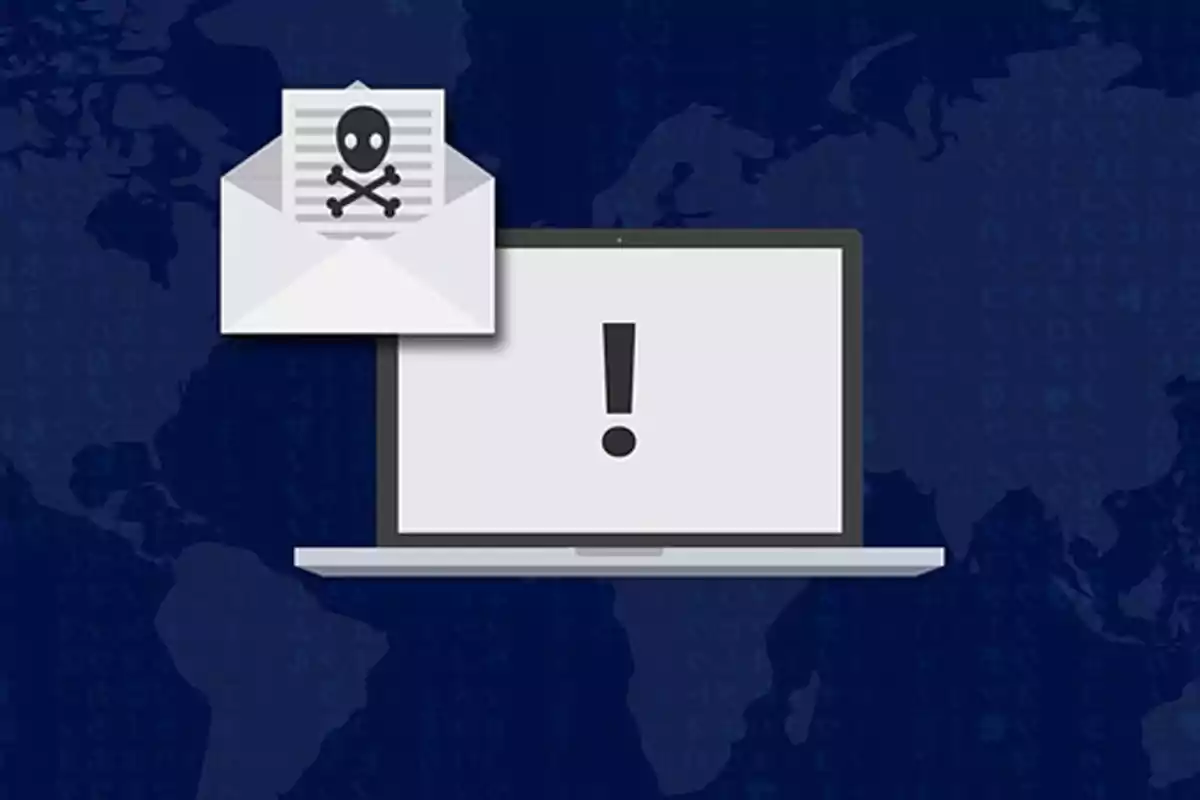
More than 180 million passwords were leaked: which platforms were affected
They discovered a database with more than 184 million exposed credentials, many from key services and state data
An unprotected database exposed passwords from platforms like Gmail, Apple, Instagram, and Amazon, potentially affecting millions of users worldwide.
Among the exposed data were also government credentials, which represents a serious risk to the security of state networks and official portals.

What was leaked and why is it so concerning?
Cybersecurity specialist Jeremiah Fowler, along with Website Planet, discovered a massive leak of 184,162,718 unique records with access data. These included credentials for email accounts, social networks, financial services, and state portals.
The database was stored on a server that had neither a password nor encryption. In total, it occupied 47.42 GB and was accessible to anyone with the knowledge to enter.
The affected platforms
- Gmail
- Apple
- Amazon
- Microsoft
- Snapchat
- Roblox

How the leak was detected
Fowler found the database while analyzing a server linked to two domains. One was unregistered and the other was inactive, which made it difficult to identify those responsible.
He issued a security alert to the hosting provider, which then restricted access. But it is unknown how long the database was exposed or if anyone else accessed it before the discovery.

Who's behind it? Was it intentional or a mistake?
It is still unknown whether it was a cyberattack or if the exposure occurred after a poorly handled legitimate investigation. The absence of basic security measures suggests a serious failure in data protection.
What dangers does this leak represent?
The leak includes credentials from public agencies in several countries, which could facilitate unauthorized access to sensitive systems or critical networks.
Additionally, it is suspected that the data was collected with infostealers, a type of malware that steals information from compromised devices, such as passwords, autocomplete data, and crypto wallets.

Possible consequences
- Identity theft
- Financial fraud
- Access to accounts without 2FA
- Corporate espionage
- Phishing with real data
Best practices to keep your accounts secure
- Change passwords at least once a year
- Use unique and complex passwords for each account
- Enable two-factor authentication (2FA)
- Enable suspicious activity alerts
- Use password managers to create secure keys
More posts: